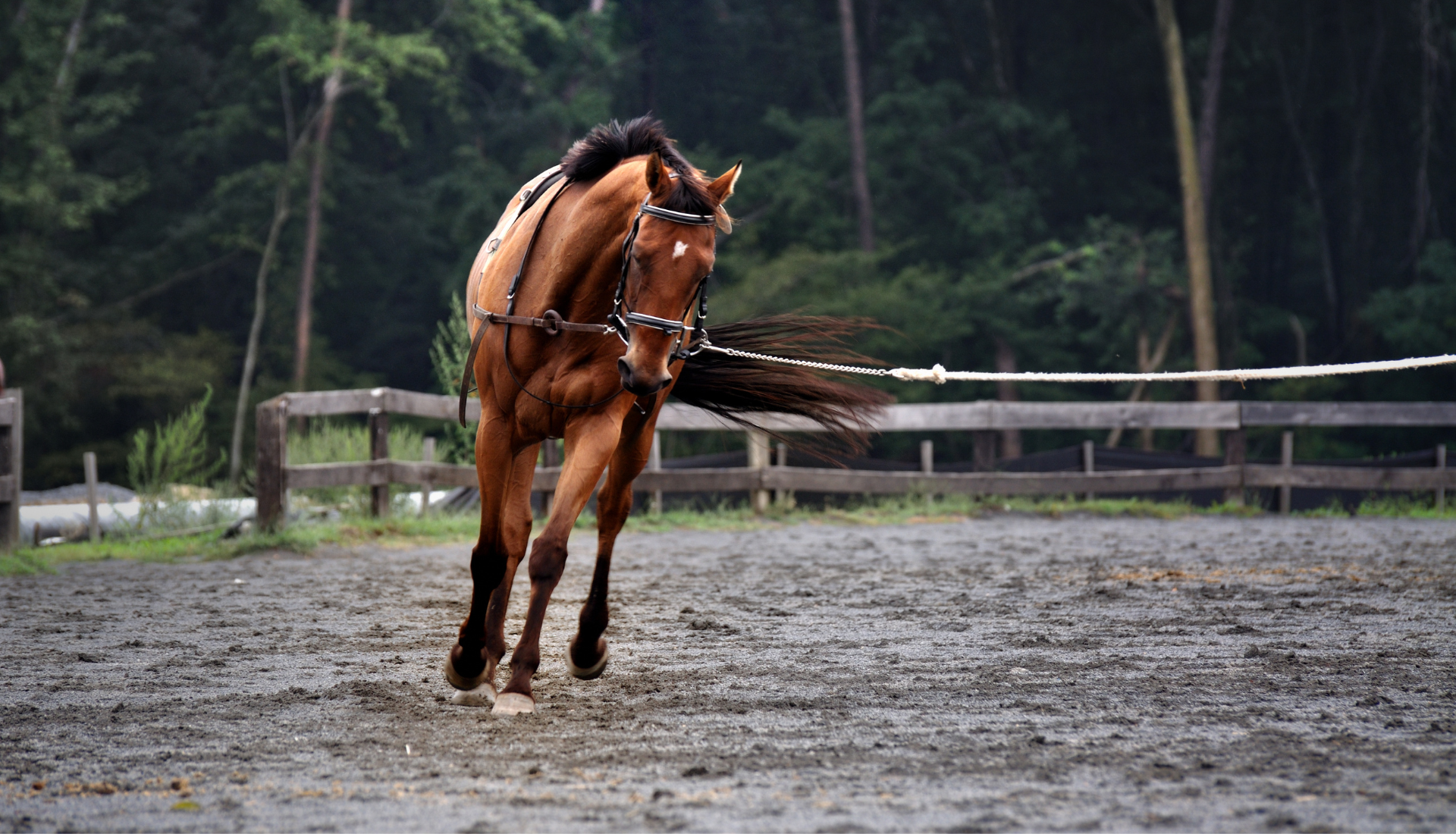Horse Training in Michigan
We offer you a full array of training services from colt starting to horses that may just need a refresher using natural horsemanship. Levi helps establish a great foundation for horses, making it easy for the owner/rider to finish them out the way they desire.
Training option: Minimum of 2 months of onsite training. Includes all care, turnout daily, feed & we really promote you come and work with your horse & Levi as much as possible to have the best results.
We provide Tribute Senior Sport, Tribute Essential K GC Plus, we also put them on Equiferm to help with Ulcers and Comfort Blocks in each stall. All Tribute supplements if you’d like to look them up.
First Cutting Hay
Training is $1,400 / mo.
Boarding is $650 / mo.
TOTAL: $2050 / mo.
Minimum of two months
(Booking fee is $200). Please call or email.

FREE LESSONS WITH HORSE TRAINING
Give your horse the best training experience while you enhance your skills too! Contact us today to learn more and book your spot.
Our top-notch facility not only provides exceptional care but also offers *FREE lessons* while your horse is in training.
How we help you train your horse
This is what you can expect when your horse goes through our program.
- Starting off, they will get lots of groundwork, teaching them how to handle high, medium and low pressure, self soothe and how to think during difficult situations. So, in the long run you will be able to hop on and ride anytime.
- Our program is minimum of two-months. What you can expect at the end of training will be: walk, trot, lope on a loose rein, trail riding, nice and quiet going over obstacles, roping, dragging stuff, etc.
- The first three weeks I will work with the horse myself, and you are more than welcome to come watch during that time period. After that, they will be ready for you to work them. This will really help you get a plan down. That way when you take your horse home, you will have a plan and feel confident in working them at home.

What types of things will a horse trainer fix?
A horse trainer is responsible for working with horses to improve their behavior, performance, and overall well-being. Here are some common issues that a horse trainer might address:
- Basic Obedience: Trainers work on teaching horses fundamental commands such as stopping, turning, and backing up. This helps create a safe and cooperative partnership between the horse and rider.
- Desensitization: Horses can be sensitive to various stimuli, such as loud noises, unfamiliar objects, or sudden movements. Trainers help desensitize horses by exposing them gradually to these triggers, reducing fear and anxiety.
- Ground Manners: A horse’s behavior on the ground is essential for safety. Trainers work on behaviors like standing still for grooming, leading without pulling, and respecting personal space.
- Under-Saddle Training: This involves riding the horse and teaching it to respond to cues from the rider. Trainers focus on balance, responsiveness, and proper gaits (walk, trot, canter).
- Problem Solving: Trainers address specific issues, such as bucking, rearing, biting, or refusing to load into a trailer. They analyze the root cause and develop strategies to correct these behaviors.
- Trail Riding Skills: Trainers prepare horses for trail riding by exposing them to different terrains, obstacles, and trail etiquette. This ensures a safe and enjoyable experience for both horse and rider.
- Specialized Disciplines: Some trainers specialize in specific disciplines, such as dressage, show jumping, reining, or barrel racing. They focus on refining skills relevant to that discipline.
- Health and Fitness: Trainers monitor a horse’s physical condition, ensuring proper nutrition, exercise, and conditioning. They may recommend exercises to strengthen specific muscle groups.
- Building Trust: Establishing trust between the horse and trainer is crucial. Trainers use techniques like natural horsemanship to build a strong bond based on communication and understanding.
- Behavior Modification: For horses with behavioral issues (e.g., aggression, fear), trainers assess the underlying causes and implement behavior modification plans.
- Remember that each horse is unique, and trainers tailor their approach based on the individual horse’s temperament, history, and needs. Effective communication, patience, and consistency are key qualities for a successful horse trainer. Contact us today.







